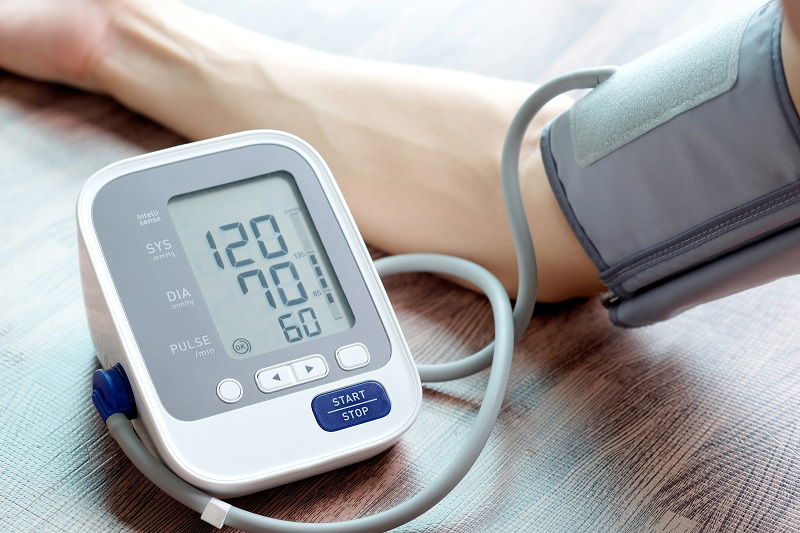Most of us have dealt with at least one health issue during our lives. (If you haven’t, consider yourself very lucky!) And it isn’t uncommon to deal with more than one health issue at a time. So, what if you find yourself with both allergies and high blood pressure? Here’s what you need to know about how allergies can affect your blood pressure.
Can Allergies Increase My Blood Pressure?
In general, allergies do not directly increase blood pressure. However, if you take certain medications for your allergies, they may affect your blood pressure; thus, your allergies can indirectly affect your blood pressure.
For example, many decongestants that are popular among allergy sufferers, such as pseudoephedrine (Sudafed, Actifed, and others) and phenylephrine (Sudafed PE), can worsen existing high blood pressure. This happens because the decongestants work by constricting blood vessels in order to open the nasal passages and help you breathe easier. However, the decongestants do not only constrict blood vessels in the nose. As blood vessels constrict throughout the body, hypertension (high blood pressure) can worsen.
If you have high blood pressure, you may want to avoid taking allergy medications that include these specific decongestant ingredients. Look for an allergy medication that doesn’t contain pseudoephedrine or phenylephrine. Some antihistamines can help with congestion caused by allergies and are safer for your blood pressure, such as diphenhydramine (Benadryl), etirizine (Zyrtec), fexofenadine (Allegra), and loratadine (Claritin).
Can My Allergy Medication Interact with My Blood Pressure Medication?
The short answer is yes, your allergy medication could interact with your blood pressure medication. But don’t panic—there are safe options as well. Here are a few medications to be aware of:
- Diphenhydramine (Benadryl): If you take blood pressure medication, talk to your doctor before taking any allergy medication that includes diphenhydramine. It may counteract the effects of the blood pressure medication.
- Cetirizine (Zyrtec) and levocetirizine (Xyzal): You may experience increased drowsiness if you take either of these allergy medications while taking methyldopa (Aldomet) for blood pressure.
- Fexofenadine (Allegra) and Carvedilol (Coreg): If you are taking Carvedilol for blood pressure, it can increase the side effects of fexofenadine. It’s recommended that you speak with your doctor before combining these medications.
Aside from these specific medication combinations, most antihistamines are safe to take with blood pressure medication.
Can I Use Nasal Sprays If I Have High Blood Pressure?
In general, nasal sprays are safe to use if you have high blood pressure or take blood pressure medication. Because nasal sprays are administered locally to the nasal area, they act directly on the nose’s blood vessels and have less of an effect on the whole body. The following nasal sprays are generally safe to use for nasal decongestion:
- Steroid nasal sprays like Flonase (fluticasone), Nasacort(triamcinolone), and Rhinocort (budesonide)
- Antihistamine nasal sprays like Astelin (azelastine) and Patanase (olopatadine)
- Saline nasal sprays or rinses like Neti Pot, Ayr, Ocean, and SimplySaline
It is certainly possible to manage both your allergies and your blood pressure at the same time. To learn more about safe ways to manage your allergies if you have high blood pressure, we welcome you to contact us today at West River ENT & Allergy. We are eager to help!




